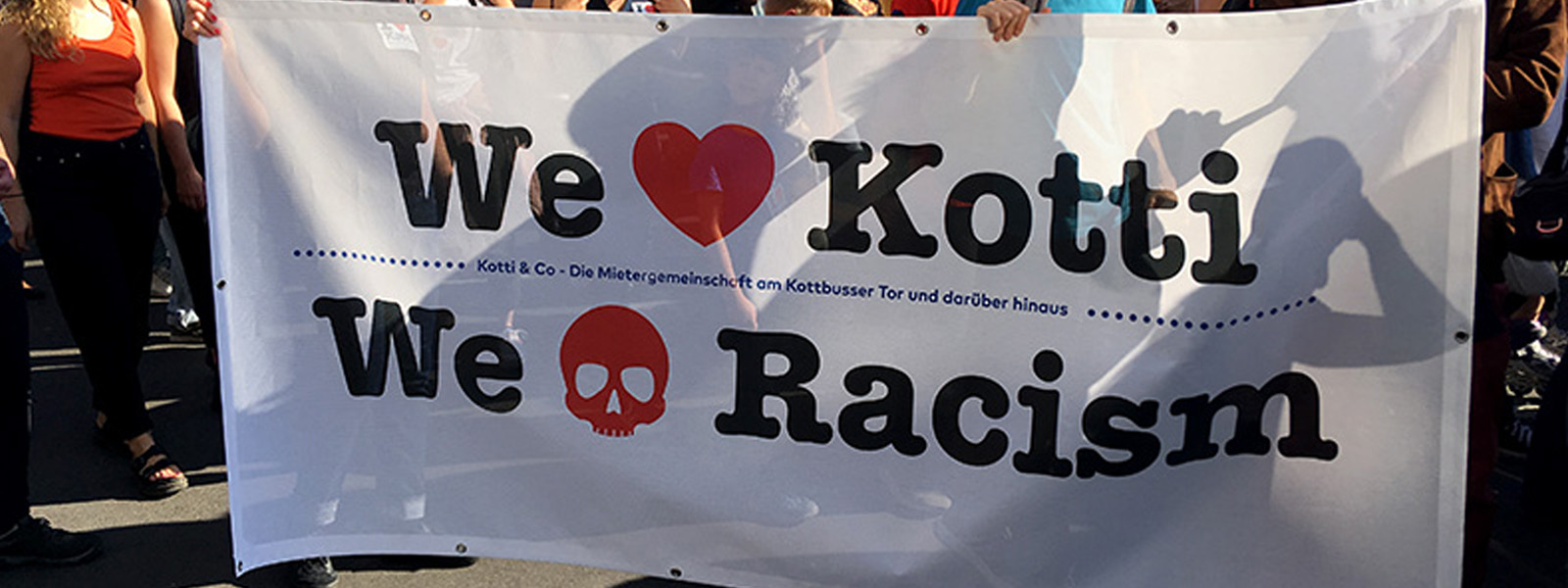Paper on Relating urban extractivism and financialization in Mexico City’s peripheries. RC21 Conference 2024 in Santiago de Chile
Seite 4 von 20
For several decades, Henri Lefebvre’s theory of the production of space has been an important source for theory, research and action across the world. However, a broader dialogue between activists, researchers and theorists across different contexts and perspectives has developed only recently. Since the turn of the century, the concept of the right to the city has been used in many places as a rallying cry and a broad framework for the conceptualization of urban action and struggle. But Lefebvre’s theory has much more to offer, because it is not just a collection of concepts and terms. It is a general theory of the production of society in space and time that allows us to think of society in its spatial and temporal context at various scales and levels. It asks for investigations that challenge and renew extant methodologies and forms of theory building while encouraging de-centered perspectives on the urban. Lefebvre’s transductive procedure and his open-ended dialectical method want us to include our everyday experiences in developing theory, and thus to keep our thinking constantly in motion. Therefore, Lefebvre’s theory can only be developed further in dialectical interaction with both practice and research. It also requires ongoing dialogues with other currents of theory and practice.
Panel session organized by Christian Schmid and Monika Streule at the RC21 conference, Santiago de Chile 2024
Territoriale Subjektivierung. Der fehlende Link zwischen politischer Subjektivität und Territorialisierung
Progress in Human Geography – 2024
Politische Subjektivität und Territorialisierung scheinen in jüngsten deutsch- und englischsprachigen Debatten oft voneinander getrennt diskutiert zu werden. Wir schlagen in diesem Artikel einen neuen, auf lateinamerikanischen Debatten basierenden Ansatz vor, um Subjekte und Territorien als relational zu verstehen: Subjekte werden in sozialen Prozessen der Territorialisierung (de)stabilisiert, während Territorien in Prozessen der Subjektbildung (de)stabilisiert werden. Wir stellen das Konzept territoriale Subjektivierung vor und zeigen anhand von Beispielen aus der Literatur, wie diese in Berlin, Buenos Aires und Dresden entstehen. Es geht demnach um Subjekt-werden und Territorialisierung, sowohl bei progressiven sozialen Bewegungen wie auch bei extremen Rechten. Dabei legen wir den Fokus auf den Prozess, also auf dem Werden von Subjekten und Territorien gefasst als territoriale Subjektivierung. Die prinzipielle Offenheit dieses Prozesses ist entscheidend für den vorgeschlagenen konzeptionellen Link zwischen politischer Subjektivität und Territorialisierung, denn sie unterstützt eine differenzierte Lesart sozio-territorialer Kämpfe in verschiedenen geografischen Kontexten.
Schwarz, Anke und Monika Streule (2024) Territorial subjectivities. The missing link between political subjectivity and territorialization. Progress in Human Geography 48.3, 275–291. DOI: 10.1177/03091325241228600
In der neuen Ausgabe der Zeitschrift Widerspruch schreibe ich zu extraktiven Praktiken in der Peripherie von Mexiko-Stadt. Dabei zeige ich, dass Extraktivismus nicht nur klassische Rohstoffausbeutung bedeutet, sondern auch die (neokoloniale) Inwertsetzung urbaner Regionen beschreibt. Er betrifft zudem soziale Verhältnisse und nicht wachstumsorientierte indigene Lebensweisen. Der Artikel stellt den Widerstand in den Vordergrund, der sich gegen diese extraktivistische Verwertung regt. Was passiert, wenn sozioterritoriale Konflikte nicht primär als Kampf für Umweltgerechtigkeit, sondern als Widerstand gegen urbanen Extraktivismus und kapitalistischer Wachstumszwang verstanden werden?
Streule, Monika (2024) Urbaner Extraktivismus und Wachstumskritik an den Rändern von Mexiko-Stadt. Widerspruch 82, 93–102.



